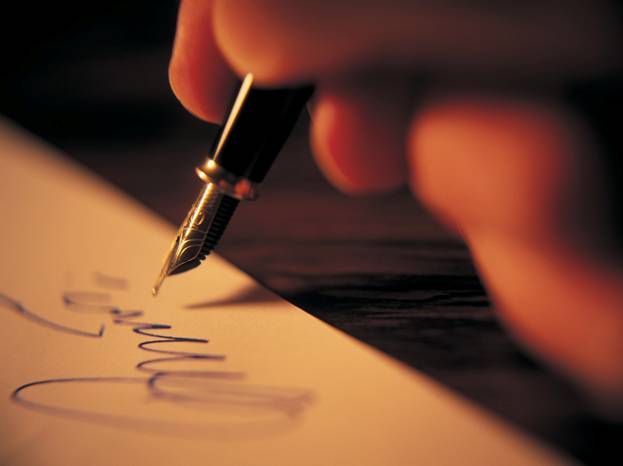What can be taken into account when evaluating and analyzing a work?
The overall impression of the book is whole, fragmented, powerful, weak, pleasant, pitiful.
The plot – how logically it is reduced, are there moments that do not work for him, do the lines sag? The narration is dynamic, unhurried, drawn out, driven, torn. To what extent does the dynamics of the narrative correspond to the genre and the tasks set in the book? Is the author trying to “steer the plot”, bending the logic of events in order to please the plan?
Heroes – how detailed and reliable are they described, is their psychology natural enough, could they do just that in given circumstances? Are these characters sympathetic to the reader, do they cause empathy or disgust?
Language and style – in general and in the context of the task. As an example: “The Flower Cross” by E. Kolyadina deserved the “Booker” in exactly one parameter – excellent work with the language within the framework of the story. Take away the buffoon sentences and Church Slavonic phrases from there – and the book will turn into a banal pathos ladies’ novel. But her tongue saved her.

Reliability in general and in details. Are the laws of nature and science violated in the book, were such uniforms worn at the indicated time, did they speak French in the salons, does the text of the prayer sound correct? I always give an example from my own story, in which Oldie solemnly poked me at the seminar – the hero there stood on guard in the rain and his hooks on his boots got wet. Hooks. Metal. Wet.
Fantastic assumption – what exactly is it, how competently is it constructed and how necessary? Is it possible to remove princesses with dragons or starships with plasma guns from there without damage to the book?
Psychology of relationships – do the characters have internal motivations for actions and are there enough of them, do they behave differently or rigidly follow standard reactions, do you feel the hard hand of the puppeteer behind the backs of the puppet-heroes?
The main idea of the text is how ethical, smart, original is it? What does the book teach the reader, what does it want to tell him?
Display – did the author manage to embody his plan in an explicit form, does the reader see the cave of dragons or the wheelhouse of a spaceship? Is it possible to isolate the idea of the author from his text from the first reading?
Originality – how banal is the idea, where did the author borrow what, whom does he quote, parody, paraphrase? If it seems that the book opens a new genre or direction, we will certainly mention it.
Mistakes and mistakes – we catch fleas and present them to society. Of course, if we are sure that the author is mistaken, and does not deliberately distort events and realities. And it also happens that an unprofessional editor has worked – their pearls are comparable to the masterpieces of the writers themselves.
Public significance – all of a sudden, the text indicates moments that are useful, say, for patriotic education or national self-consciousness, describes complex ethical issues and options.
Non-literary merit – for example, historical, ethnographic or social significance. A mediocrely written book can be interesting as a source of information, for example, about the life and customs of fighter pilots or court ladies of Catherine the Great.
Demand – whether the topic raised is relevant, whether it is interesting to society, what audience the book is intended for.
The place of the book in the literary process is how a particular work relates to others in its genre, what trend it marks, develops or completes.
Your feelings – whether you liked it or not, what feelings and thoughts aroused, whether you wanted to buy it or leave it in your home library.
It is not necessary to analyze all the points, we choose those that are important to us at the moment.
Expert opinion
To become a reviewer of World of Science Fiction, one must remember that the review is written for the readers of the magazine. No need to engage in narcissism – “wow, how I know a lot of buzzwords!” or “I read that, and I read this, and about what no one knows, I also read!”. A review in MF is not a way of self-expression, but a purely utilitarian thing, written to guide readers in the ocean of book production. And the right to an essay review must be earned – the opinion of very few reviewers is interesting to readers in itself.

How to write?
I repeat – the reviewer must own the material at least as well as the author of the book. It’s better not to even talk about grammatical, stylistic and other errors.
In order not to get into an idiotic position, we definitely check all literary, scientific, technical and other terms – both the way they are written and what they mean. In order not to confuse correlation with copulation, for example. We are convinced that, while criticizing other people’s factual errors, we do not mold our own.
